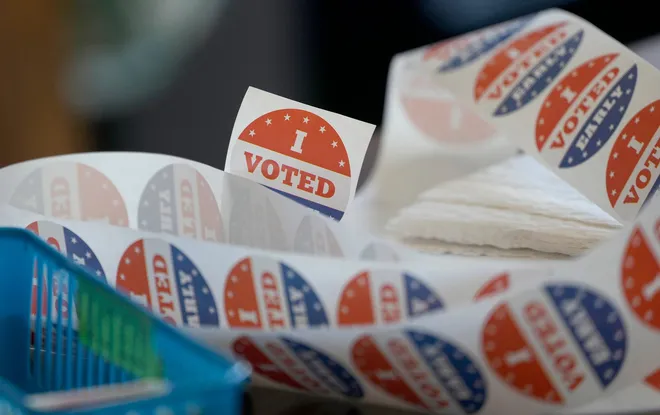As the 2024 U.S. presidential election unfolds, the question on everyone’s mind is: “When will we know the result?” Given the complexity and size of the American electoral process, finalizing results takes time, and historically, they aren’t fully tallied on election night. Over the years, Americans have become accustomed to projections from news outlets suggesting a winner by bedtime or by the following morning, but the actual certification process stretches beyond Election Day.
This year, due to a close race between former President Donald Trump and Vice President Kamala Harris, extended polling hours, and varying certification deadlines, the wait could be longer. Local and state certification deadlines for the 2024 election range from as soon as two days after November 5 to more than a month later. But as we’ve seen in previous years, delays on election night don’t signal problems; rather, they reflect a careful, methodical approach to vote counting.

A Look Back: Delays in Declaring a Winner
The U.S. has experienced lengthy waits for official presidential results in the past, with two notable examples from recent history in 2000 and 2020.
- 2000: In one of the most famous delays, the election between Vice President Al Gore and Texas Governor George W. Bush was left undecided for five weeks. The close race in Florida, combined with ballot design issues and recount disputes, led to a legal battle. Ultimately, the U.S. Supreme Court’s 5-4 decision on December 12 halted recounts, securing Bush’s win by a margin of just 537 votes in Florida.
- 2020: The COVID-19 pandemic brought an unprecedented surge in mail-in voting, which took longer to count. The election between Joe Biden and Donald Trump was held on November 3, but major news networks didn’t declare Biden the winner until November 7, four days later. Legal challenges and allegations of fraud further extended the process, yet the eventual result aligned with early projections based on statistical models and vote tallies.

When Are Presidential Results Usually Called?
In recent elections, the process has varied. News outlets typically call the race once they determine the trailing candidate no longer has a realistic path to victory. Different outlets use distinct methods; for instance, the Associated Press relies on research and analysis, only declaring a winner once a candidate’s path to victory is statistically closed.
Here’s a breakdown of when major recent elections were called:
- 2016: In the race between Hillary Clinton and Donald Trump, the outcome was called in the early morning hours of November 9, around 3 a.m. EST, the day after Election Day.
- 2012: President Barack Obama secured a second term, with his win over Mitt Romney projected by news networks just before midnight on Election Day, November 6.
- 2008: Obama’s victory over John McCain was announced around 11 p.m. EST on November 4, shortly after polls closed.
- 2004: John Kerry conceded to President George W. Bush around 11 a.m. the day after Election Day, November 3, following a close but ultimately decisive count.

Why Results May Take Longer This Year
In certain states, such as Pennsylvania and Wisconsin, laws prevent election workers from counting early votes until Election Day itself. This delay, combined with a highly competitive race, could slow down the reporting of results. But as we’ve seen in previous elections, extended counting is part of a thorough process to ensure accuracy. While this may test patience, Americans and onlookers worldwide should remember that democracy takes time. In the end, waiting for an accurate, confirmed result is worth the delay.
Source














